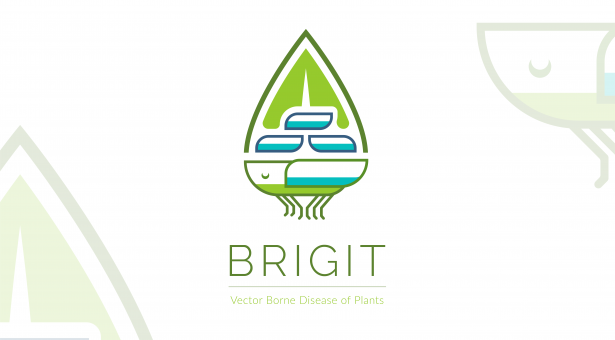Development and implementation of diagnostic tools for Xylella

Summary: Xylella fastidiosa is an insect-transmitted bacterium that causes economically important diseases in a large number of hosts.
There is considerable variation of symptom development in different hosts, and in some cases, plants can remain asymptomatic for many years, and still contribute to the spread of disease. Some of the diseases caused by Xylella are established in South America and the Southeastern and Western coast regions of the US; the areas affected in Europe in countries like Italy and France have expanded despite efforts to eradicate it.
This Brigit Consortium Meeting will address issues surrounding diagnostics and will present updates on progress made to build the UK’s capability to prevent the establishment of Xylella and to prepare to respond in case of introduction. There will be presentations from other scientists involved in diagnostics and research including colleagues from countries that, like the UK, do not have Xylella (e.g. Australia and New Zealand) and countries that have been dealing with Xylella for longer (e.g. Brazil) or shorter periods of time (e.g. Italy, France).
This will be an opportunity to interact with a range of stakeholders and industry, and gather information and opinions on the availability and acceptability of Xylella diagnostics.
Time: 9:00 – 13:00 Register for the event “Development and implementation of diagnostic tools for Xylella”
Session Lead: Dr Joana Vicente (Fera Science) BRIGIT WP2 Lead
Registration Deadline: 30 November 2020
Location: The event will be held online. The link to join the meeting will be emailed to registered participants closer to the meeting date.
Contact Joana Vincente for further information
Note that this event will be recorded.
Draft Agenda:
09:00 – Welcome – Dr Joana Vicente
Session 1: Preparation for possible interceptions/outbreaks of Xylella
09:05 – Harmonisation of standard laboratory diagnostics in the UK – Jennifer Cole, Jenny Tomlinson, Adam Bryning, Eleanor Jones (presenter)
09:20 – Diagnostics for Xylella in Australia – Rachel Mann (Australia)
09:35 – Diagnostics for Xylella in New Zealand – Robert Taylor (New Zealand)
09:50 – Improving diagnostics for Xylella fastidiosa, a potential threat to UK trees – Sundeep Kaur (presenter), A. Lewis, C. Gorton, A. Chitty, A. Perez-Sierra, S. van der Linde
10:05 – A core-genome MLST scheme for source tracing Xylella fastidiosa – Sam McGreig, John Walshaw (presenter), Alan McCluskey, Karen Fraser
10:25 – Socio-technological innovation for Xylella diagnostics – Rehema White (presenter), Mariella Marzano, Althea Davies, Chris Pollard, Glyn Jones
10:40 – Break
10:45 – Panel Discussion – Opportunity for questions and getting stakeholders input
Themes:
- Methods of diagnostic and sampling (e.g. trees)
- Implementing standardization
- Social acceptability
Session 2 – Dealing with Interceptions and Outbreaks
11:00 – Field deployable technologies for Xylella fastidiosa detection – Sioban Ostoja-Starzewska
11:15 – Identification of pathogenicity factors and first detection of Xylella in Colombia – Louisse P. Mirabueno (presenter), Valeska Villegas-Escobar, Glyn A. Barrett, Robert W. Jackson, Emma Cascant López, Michelle Hulin
11:30 – Diagnostics of Xylella fastidiosa in Italy – Giuliana Loconsole
11:45 – Diagnostics of Xylella fastidiosa in France – Valérie Olivier/Francoise Poliakoff /Amandine Cunty
12:00 – Diagnostics of Xylella fastidiosa in Brazil – Helvécio Coletta-Filho (Brazil)
12:15 – Understanding the distribution and colonisation of Xylella fastidiosa in plants – Adam Bryning, Jenny Cole, Eleanor Jones, A. Lloyd, M. Dickinson, John Elphinstone, Joana Vicente (presenter)
12:30 – Break
12:40 – Panel Discussion and opportunity for questions
Themes
- Sampling: How much sampling should be done for Xylella?
- What kind of diagnostics do we want? New methods? Do we need field diagnostics or equipment that can be used at borders?
- Barriers to report results
12:55 – Wrap Up – Joana Vicente
BRIGIT will hold a Xylella awareness week from 2 – 5 March 2021. This will include training events and workshops on Xylella fastidiosa, insect vectors and hosts. The programme and registration information for this week will be circulated soon.
